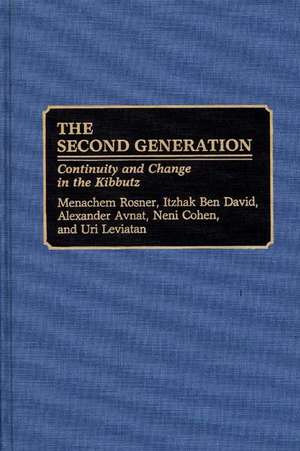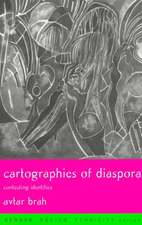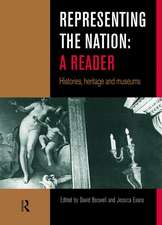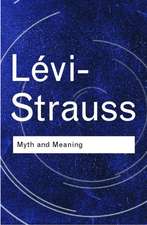The Second Generation: Continuity and Change in the Kibbutz: The Kibbutz Study Series
Autor Menachem Rosner, Itzhak Ben David, Alexander Avnat, Neni Cohen, Uni Leviatanen Limba Engleză Hardback – 10 dec 1990 – vârsta până la 17 ani
Preț: 444.84 lei
Preț vechi: 608.20 lei
-27% Nou
Puncte Express: 667
Preț estimativ în valută:
85.13€ • 88.65$ • 71.95£
85.13€ • 88.65$ • 71.95£
Carte tipărită la comandă
Livrare economică 08-22 martie
Preluare comenzi: 021 569.72.76
Specificații
ISBN-13: 9780313272875
ISBN-10: 0313272875
Pagini: 480
Ilustrații: Illustrations
Dimensiuni: 152 x 229 x 30 mm
Greutate: 0.9 kg
Ediția:Illustrated ed
Editura: Bloomsbury Publishing
Colecția Praeger
Seria The Kibbutz Study Series
Locul publicării:New York, United States
ISBN-10: 0313272875
Pagini: 480
Ilustrații: Illustrations
Dimensiuni: 152 x 229 x 30 mm
Greutate: 0.9 kg
Ediția:Illustrated ed
Editura: Bloomsbury Publishing
Colecția Praeger
Seria The Kibbutz Study Series
Locul publicării:New York, United States
Notă biografică
MENACHEM ROSNER is a Professor of Sociology at the University of Haifa, Israel, and is currently the Chairman of the Israeli Sociological Society. He is a former Head and a senior researcher at the Institute for Research of the Kibbutz and the Cooperative Idea at the University of Haifa. He is currently working on a 1991 book for Greenwood Press entitled Alienation, Community, and Work. Rosner is a member of Kibbutz Reshafim.ITZHAK BEN DAVID is a freelance researcher specializing in planning of development in peripheral areas and in social change in Israeli society. He is a former member of Kibbutz Gevim and currently lives in Korazim.ALEXANDER AVNAT (deceased) was a senior researcher in the Institute for Research of the Kibbutz Artzi Federation. He was a member of Kibbutz Hatzor.NENI COHEN is a senior researcher in the Institute for Research of the Kibbutz and the Cooperative Idea. He is an in-house scientific consultant to the Department of Social Affairs of the Kibbutz Artzi Federation. He is a member of Kibbutz Mizra.URI LEVIATAN is a Professor of Sociology at the University of Haifa. He is a former head and a senior researcher in the Institute for Research of the Kibbutz and the Cooperative Idea at the University of Haifa. He is a member of Kibbutz Ein Hamifratz.
Cuprins
ForewordThe Problem of Generations in the Kibbutz and Possible ExplanationsThe Ideology/Reality Gap and the Mission of the KibbutzViews Towards Israel: The Jewish Diaspora and the ArabsThe Kibbutz Definition of Socialism and Israeli SocietyPolitical Ideology and the Effect of Education on its ContinuityFactors Influencing Ideological ContinuityFulfilling Individual Needs in the Kibbutz WorkplaceEducational and Training Ambitions--Expectations and RealizationsPublic Activity in the KibbutzAttitudes Toward FamilySocial and Interpersonal RelationsSocial Status and InteractionAchievement and Failures in Generational RelationsThe Theoretical Model for Predicting AttachmentEpilogueAppendixesBibliographyIndex
















